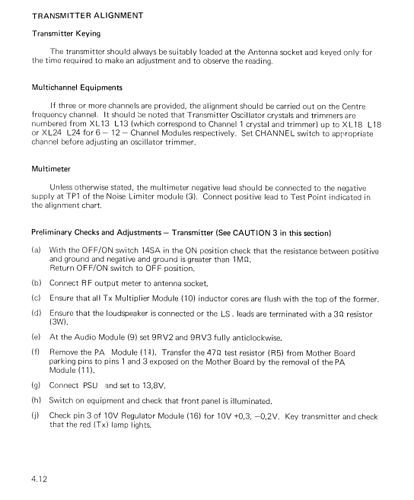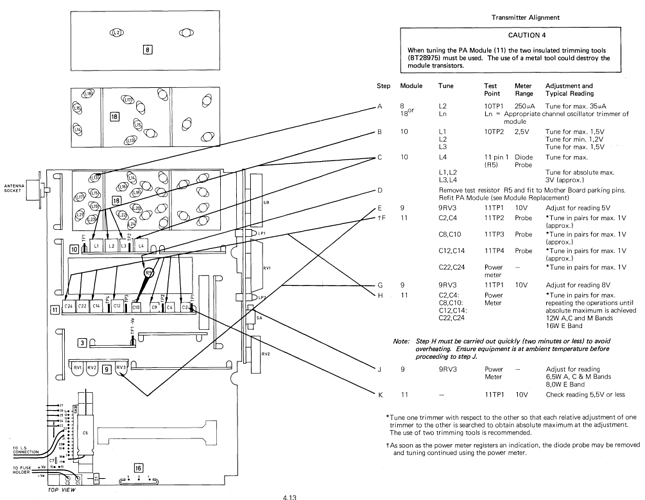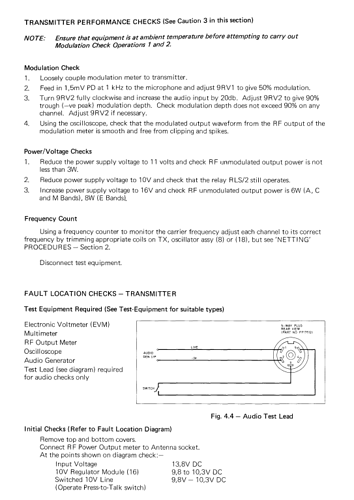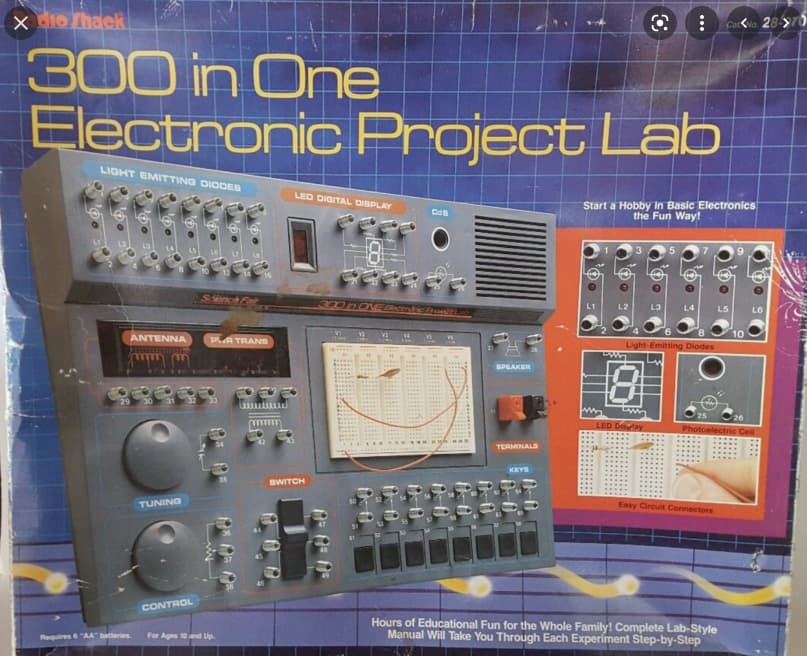That’s an issue with those, I was gifted some Vertex UHF sets but they’re set up for a small business licence I think so we have no way of even checking as that falls outside both RAFAC and Ham bands
I don’t think there’s much point of me reprogramming them for now.
That sounds like iffy advice…
If, for example, you’re operating a cheap rig which doesn’t quite stay within the required bandwidth or drifts, bleeding over into a neighbouring channel, setting CTCSS only affects what you receive. It doesn’t affect your tuning issue.
My rig, working on the channel ‘next door’ with no coded squelch, still suffers from the interference from your rig.
It was what we were told to do if using sets on adjacent channels for local training. I’m not techie enough to question it!
Personally I’d take the interference and use it as a good training example for the cadets when conducting radio checks.
Just this week at work because of the Inversion I was picking up French Aircraft on my local aerodrome frequency  does that count as interference?
does that count as interference?
I’d say it’s a diplomatic incident!
Could probably pick up a programming cable and see if you can “clone” the programming onto chirp. Vertex radios will most likely go into RAFAC bands.
Radios with turnwheel channel selects are great unless you don’t know which channels are which, we had no idea what channels our sqn radios were tuned to until we found a sheet in our old radio equipment box 
You were lucky, we had to do it by hand, borrowing a CHIRP programmed radio from another Squadron and going through the whole box, they weren’t even all set up the same!
I mean at one point we also tried something similar. Uses a baofeng and scanned through as someone was doing AC calls but we didn’t find all the channels.
Chirp, programming cables… Modern problems.
Back in the day we had to re crystal and retune with test equipment. Setting frequency, deviation…
It was a more… Jedi time.
Please don’t start this 
I’m not old enough to have any good ‘back in my day’s’ yet. The best I’ve got is, to get my radio badge I had to change a plug 
I was doing electrical engineering GCSEs at the time so it was a some what dim lesson! I appreciate though there are now far too many people who can’t do simple things like change a plug 
Re crystal? Never really occurred to me that crystal oscillators wore out after a while for some reason.
I am planning on going further with my amateur licence (hopefully all the way to a full license) and dipping my toes in making some radio equipment. Certainly in the far future though, still wrapping my head around a lot of electronics things as only a hobby.
Great idea.
Loads of resources for Intermediate online - think you could even do the exam online but that might have been a Covid only thing
I think you can still do online exams, I’m trying to talk one of my friends into radios as they seemed quite into the technical stuff and they said you could when they looked into it. Though I don’t have much time between college and stuff so it’ll probably be a while away. Would be a good technical challenge that I look forward to though.
These days much is done with frequency synthesis, but older radios have crystal controlled local oscillators. There is some adjustment by tweaking variable capacitors and coils but only within a very limited range.
The radios might have previously been used as business radios, or fire or ambulance service, &c… and so were set for different bands than we use. So one generally had to replace the crystals to move the band and then perform all the associated tuning to bring everything onto the new frequencies.
It generally consisted of lots of tweaking of different potentiometers and varicaps one after another and then back again, and so on (since the components interact with each other,) whilst watching the needle on a deviation meter, or hunting for specific voltages on various test pins.
Lots of fun.
For anyone who is interested, there’s a service manual here for a Pye Olympic, a common Police radio, which was quite a popular transceiver with amateurs because certain models could be tweaked into the amateur bands, and its interface made it a nice conversion to packet radio. It’ll give you a glimpse into the world of radio before USB programming cables.
For those who aren’t quite as interested, here’s just a snapshot of the transmitter alignment procedure (don’t forget, you’ve got to do the receiver as well…) ![]()
Sounds like a lot of fun, I’m still wrapping my head around impedence and stuff from all the foundation and some intermediate material. I never understood oscillators though, in computer science we’re told many older computers ran off crystal oscillators and honestly have never thought to question how they work.
I definitely need to get some breadboards and get experimenting, might try making some pedals for my bass or even trying to make a synth since those are pretty much built around oscillators.
Designing circuits seems like complete magic to me right now though - no idea how people do it.
It’s all just ‘building blocks’.
If you’re interested enough to follow it for a while you’ll get there.
The basics can come quickly enough and the great thing with electronics is that you can be building circuits right from the beginning.
These days there is a lot of focus on Arduino and Raspberry Pi, which makes it soooo much cheaper to learn about embedded systems than it ever was for us even as little as 15-20 years ago.
But I think there’s a lot to be said for learning the basics hands on too.
This is exactly the kit I used when I started seriously with electronics back when I was 12. One of the best christmas presents I ever had.
There are bound to be similar things around today… You’ve also got an internet full of videos and other priceless resources that we never had back then.
Good luck! It’s great fun.
Raspberry Pi’s are great for someone like me because lots of it is just programming in python which I can do. Most people get started with breadboards and 9v batteries, they’re great because of how easy they are to just get going, no soldering required (my soldering is quite shoddy) but when it gets to designing circuit boards and stuff, no idea.
The maths is mostly what confuses me though, looking at circuit diagrams online and wondering why specific value resistors are needed in certain places and all that, baffles me. Wish I was offered an electrical engineering GCSE but all we had was design and technology which barely went over electronics.
One thing I do like playing around with is online circuit simulators as they’re usually quite visual, free, and you can probe everything, only downside is that they’re quite limited.
Have a poke about on ebay or similar and see if you can pick yourself up a kit like the one I mention.
I can’t imagine they’d be too expensive and it’ll take you through all the basics and have you building what look like complicated circuits (but in reality are just blocks of the simpler things you’ll have learned about previously) in short order.
Circuit simulators are invaluable, and I use them regularly; but I think that when you’re learning there’s no substitute for being able to physically try it all out.



